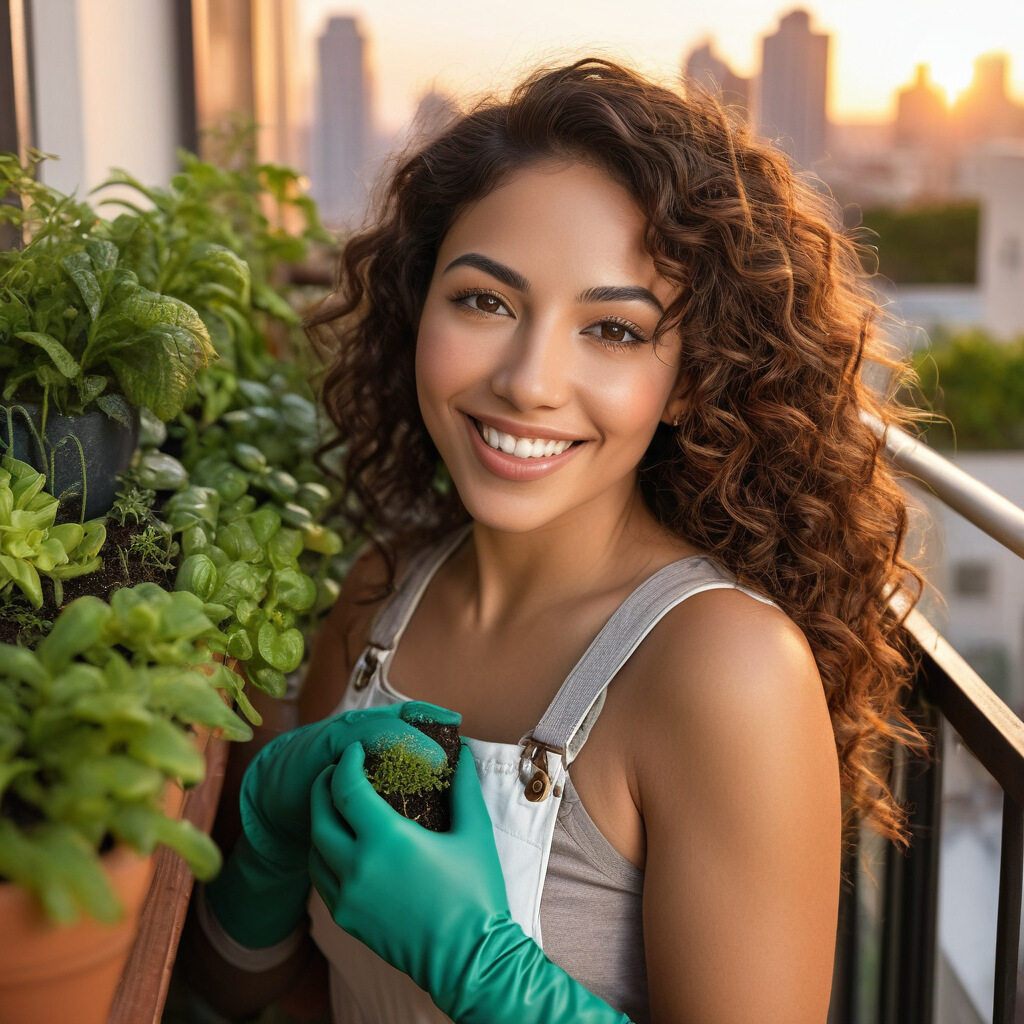Roses have captivated humanity for centuries, not only for their beauty but also for their deep cultural, historical, and practical significance. This article explores various aspects of the rose, including its symbolic meanings, diverse varieties, cultivation techniques, historical roles, ecological significance, artistic inspirations, festival associations, practical applications, intriguing facts, and tips for photography and gardening.
The Language of Roses
Roses are renowned for their rich symbolic meanings in flower language, which vary based on color and cultural context.
- Red roses express love and passion.
- White roses symbolize purity and innocence.
- Yellow roses denote friendship and joy.
- Pink roses convey gratitude and admiration.
Fascinating Stories Related to Roses
Over the years, roses have found their way into numerous myths and legends.
- Aphrodite, the Greek goddess of love, is said to have created the rose.
- In the "Wars of the Roses," red and white roses symbolized rival factions in England.
Introduction to Rose Varieties
Roses come in numerous varieties, each with unique traits and appeal.
- Hybrid Tea Roses: Known for large blooms and fragrance.
- Floribunda Roses: Produce clusters of flowers.
- Climbing Roses: Ideal for trellises and arches.
Planting and Maintenance of Roses
Roses require particular conditions to thrive.
- Sunlight: At least six hours of direct sunlight daily.
- Soil: Well-drained and rich in organic matter.
- Watering: Regular, deep watering is essential.
- Pruning: Necessary to encourage new growth and maintain shape.
Historical and Cultural Background
Roses have played significant roles in history, culture, and symbolism.
- Considered a symbol of love and beauty in many cultures.
- The national flower of England and the city of Portland, Oregon.
- Used in royal emblems and national symbols due to their association with nobility.
Scientific and Ecological Value of Roses
Roses contribute to ecology and have scientific significance.
- Pollination: Attract bees and other pollinators.
- Research: Studied for their potential medicinal properties.
Art and Literary Inspiration
Roses have inspired countless artists and writers throughout history.
- William Shakespeare often referenced roses in his sonnets.
- The rose is a prominent motif in the works of the Pre-Raphaelites.
Festival and Custom Association
Roses are central to many traditions and ceremonies around the world.
- Rose festivals celebrate the blooming season worldwide.
- Commonly used in bridal bouquets and romantic occasions.
Practical Value and Cross-border Applications
Roses have numerous practical uses beyond ornamentation.
- Edible Uses: Rose petals can be used to make jam and teas.
- Medicinal Uses: Rose hips are rich in vitamin C and antioxidants.
- Industrial: Essential oils from roses are used in perfumes.
Interesting Facts and Cold Knowledge
Roses are full of surprises and unique characteristics.
- Some rare roses exhibit two-toned colors or unique scents.
- Roses can grow in a variety of climates, from temperate to tropical.
Photography and Gardening Skills with Roses
Capturing the beauty of roses requires specific techniques.
- Best angles highlight the bloom's central structure.
- Morning light enhances the dew and natural colors of roses.
In conclusion, roses are much more than a symbol of beauty and love. They hold deep historical roots, offer numerous practical applications, and serve as a source of inspiration across art and literature. Whether you're a gardener, a scholar, or simply an admirer, the rose's multifaceted nature continues to enchant and educate enthusiasts around the globe.










 浙公网安备
33010002000092号
浙公网安备
33010002000092号 浙B2-20120091-4
浙B2-20120091-4